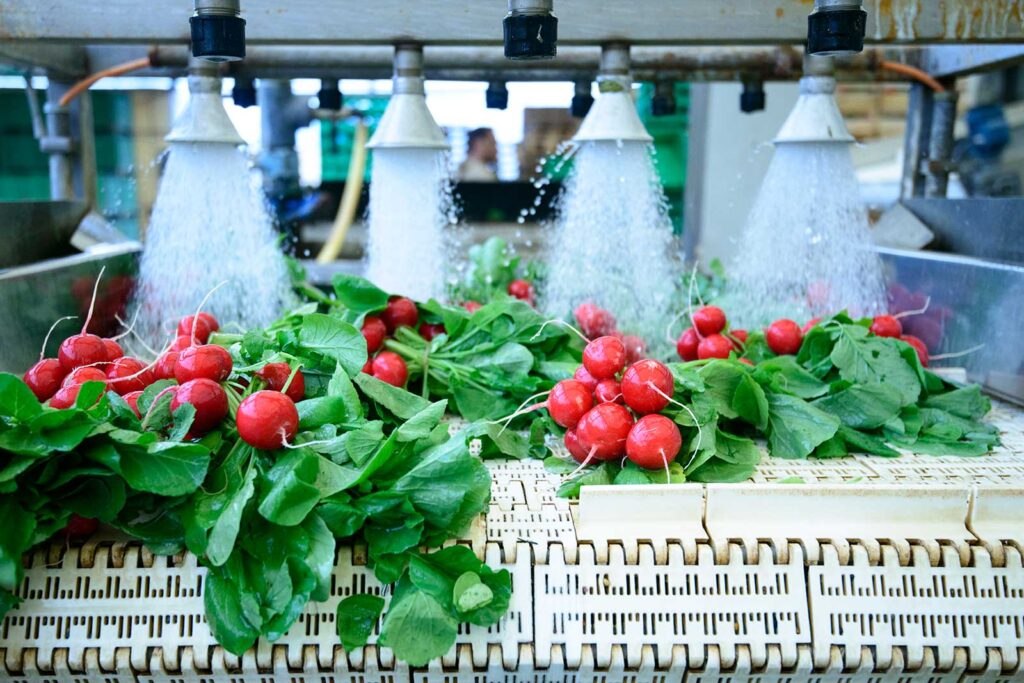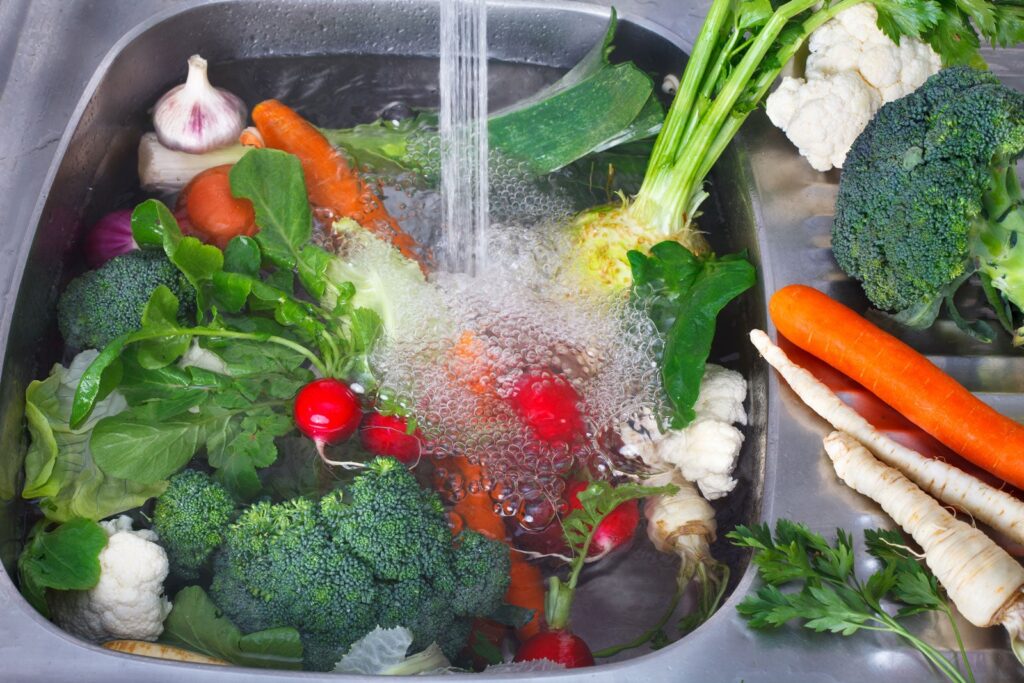
Water is a fundamental resource for agriculture and food processing, making its storage and management crucial for food safety and hygiene. In India, where agriculture is a primary livelihood for millions, efficient water storage systems play a vital role in ensuring a stable and safe food supply. This article explores how water storage impacts food safety and hygiene, particularly in the agricultural and food processing sectors.
Mitigating Water Scarcity and Ensuring Crop Health
India’s agriculture is heavily dependent on monsoon rains, which are often unpredictable and unevenly distributed. Effective water storage systems, such as reservoirs, tanks, and ponds, help capture and store rainwater. This stored water can be used during dry spells, ensuring that crops receive the necessary hydration to grow. Consistent water supply prevents crop failure and ensures that the produce is healthy and free from stress-induced diseases, which can compromise food safety.
Enhancing Irrigation Efficiency
Advanced water storage solutions provide farmers with a reliable source of water for irrigation, reducing dependency on erratic rainfall. Efficient irrigation practices, supported by adequate water storage, lead to higher crop yields and better food quality. Techniques like drip irrigation and sprinkler systems, which rely on stored water, ensure that crops receive the right amount of water at the right time, minimizing the risk of over-irrigation or waterlogging that can lead to fungal infections and other crop diseases.
Supporting Sustainable Agricultural Practices
Water storage systems contribute to sustainable agriculture by promoting the judicious use of water resources. Rainwater harvesting and the use of check dams and percolation tanks help recharge groundwater levels, ensuring a sustainable water supply for agricultural activities. Sustainable water management practices are crucial for maintaining soil health and preventing land degradation, which directly impacts the quality and safety of food produced.
Ensuring Clean Water for Food Processing
In the food processing sector, the quality of water used is paramount to ensuring food safety and hygiene. Stored water, when properly managed, can provide a clean and reliable source of water for washing, processing, and packaging food products. Contaminated water can introduce harmful pathogens and chemicals into the food supply, posing serious health risks. By ensuring a steady supply of clean water, storage systems play a vital role in maintaining high standards of food safety and hygiene.

Boosting Rural Livelihoods and Food Security
In rural India, where agriculture is the primary source of livelihood, reliable water storage systems can significantly improve the economic stability of farming communities. With assured water supply, farmers can diversify their crops, increase productivity, and enhance their income. This, consequently, contributes to the nation’s overall food security. When farmers are able to produce more and better-quality food, it reduces the risk of food shortages and ensures that the population has access to safe and nutritious food.
Combating Climate Change and Its Effects
Climate change poses a significant threat to India’s food security, with increasing instances of extreme weather events like floods and droughts. Robust water storage infrastructure can mitigate the impact of these events by regulating water supply and preventing both waterlogging and water scarcity. This resilience is crucial for maintaining consistent agricultural output in the face of climate variability. By storing excess water during periods of heavy rainfall, these systems can provide a buffer against drought conditions, ensuring that crops continue to receive adequate water.
Improving Food Safety Standards
Adequate water storage ensures that crops receive clean and safe water, which is essential for producing healthy and uncontaminated food. Contaminated water can lead to the spread of diseases and affect the quality of food products. By ensuring a steady supply of clean water, storage systems play a vital role in maintaining food safety standards. This is particularly important in the context of global food trade, where stringent safety standards must be met to ensure that food products are safe for consumption.
In conclusion, water storage is not just about securing water; it’s about securing the future of food in India. By investing in efficient water storage solutions, India can ensure a stable and safe food supply for its growing population. The role of water storage in ensuring food safety and hygiene cannot be overstated, as it directly impacts the health and well-being of the nation.


